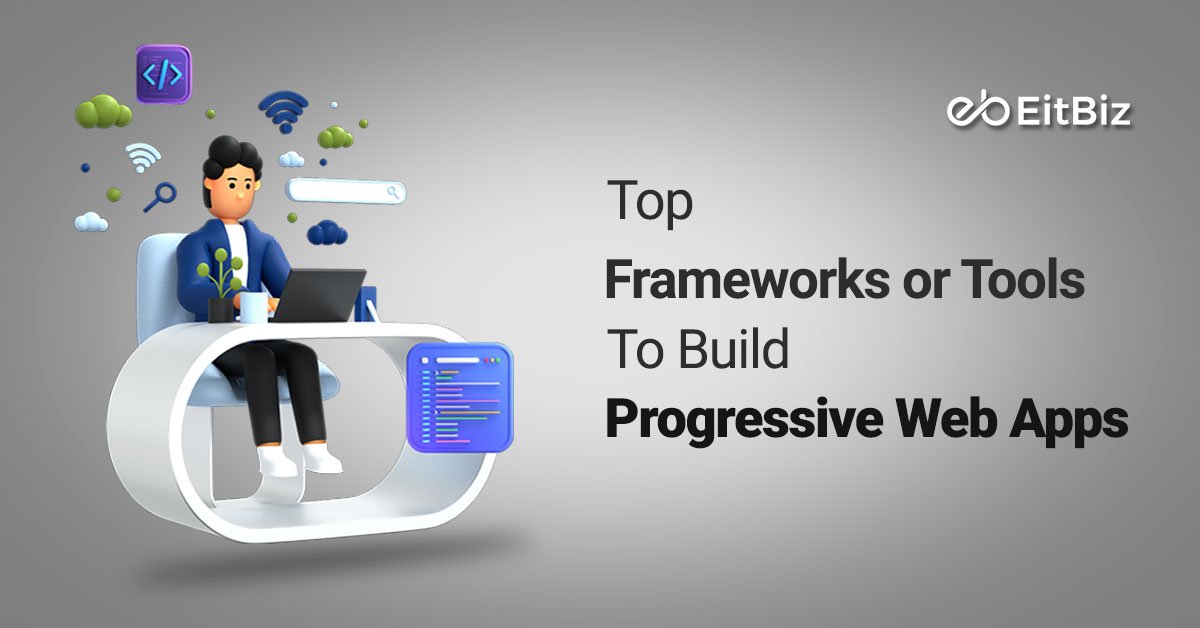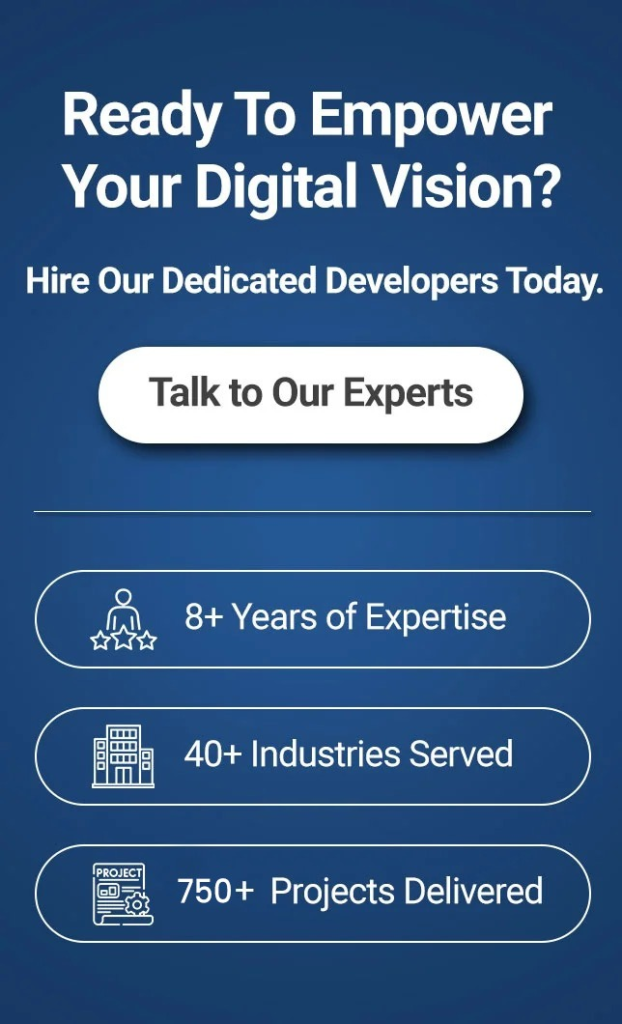So, you’re also bitten by the startup bug and planning to build a solid app that works across mobile and web, right?
Well, that’s why you’ve landed right here, finding the right tools for progressive web app development!
Unlike other regular applications, progressive web apps are interactive websites that give the user the impression of a native app. The user doesn’t need to download the app from the Google Play Store (Android) or App Store (Apple). Furthermore, it functions even without an internet connection and performs well across multiple devices like smartphones, tablets, and desktops.
But wait a minute!
Building a progressive web app isn’t a cakewalk! It demands the infusion of robust frameworks or tools to create stellar web apps for your business.
That’s what this post is all about!
In addition, we’ll also discuss its meaning, benefits, best practices for developing PWAs, strategies for promoting progressive web apps, and more!
Let’s dive in!
Progressive Web Apps: What Are They?
In layman’s language, Progressive web applications (PWA) are a combination of mobile and web apps. It works as a webpage that operates as a mobile app without requiring you to install it from the store. Well, this enables the app to be located anywhere by a search engine using a browser.
Unlike native apps, they don’t need to be deployed. Thus, it enables developers to reuse the existing code to foster a seamless experience for customers. Additionally, it creates an innovative approach that caters to multiple OS platforms, including Android, iOS, and MacOS.
That’s not the end!
The popularity of PWAs is so enormous and it’s gaining significant attention in the mobile app landscape!
Important Facts & Statistics Related to Progressive Web Apps (PWAs)
Here is the list of the important facts & statistics related to PWAs.
- The global market for PWAs is projected to go beyond $10.44 billion by the next 3-4 years, as per the recent analysis by Emergent Research.
- According to Smashing Ideas, businesses that adopted PWA often experience significant growth in engagement. It starts from a minimum of 20% to as high as 250%
- The adoption of PWA for building apps resulted in up to 10x faster page loading for businesses.
Well, that’s the popularity of PWAs!
The market for PWAs is booming, though! One thing that arises here is- How are they different from Native Apps? Do they function in the same way?
Before we move ahead, let’s discuss the difference between Native Apps & Progressive Web Apps!
Comparison Between Progressive Web Apps (PWAs) & Native Apps
Here is the complete comparison between Progressive Web Apps vs Native Apps. Let’s differentiate them based on the following parameters.
| Parameters | PWAs | Native Apps |
| Loading Times | These kinds of web apps are known for their fast-loading times. It has an average loading time of less than 3 seconds, thereby making it an ideal solution for web app development. | Native apps, on the other hand, may have longer loading times. |
| Offline Access | The best thing about PWAs is that these apps can work offline and provide a seamless experience to users. No matter whether the internet is there or not, these apps work well. | Speaking of its counterpart, Native apps can also offer offline access, depending on the specific app. |
| Caching | One of the major highlights of PWAs is that they can cache content locally. This, in turn, enables faster loading times and enhanced performance | Native apps, on the contrary, can also cache content locally. However, it all boils down to the functionality of the app. |
| Updates | When it comes to updates, PWAs and mobile websites can be updated easily. All you need to do is simply update the web content on the server. | Talking about native apps, enable users to download and install updates from the App Store. |
| Device Functionality | This is where PWAs lack! These apps have limited access to devise functionalities. But again, it all boils down to the capabilities of web browsers. | Native apps, on the other hand, triumph here! These apps have access to devise functionalities like contacts, cameras, GPS, and sensors. These apps provide a rich and immersive user experience. |
| User Experience | The user experience on PWAs is incredible! These apps provide a multitude of features like smooth performance, push notifications, and app-like interactions. | Native apps also generally offer a rich and immersive user experience. |
Top 7 Frameworks or Tools to Build Robust Progressive Web Apps (PWAs)
Here is the list of the top 7 frameworks or tools to build robust, scalable, and feature-rich progressive web apps.
Framework #1 – Ionic
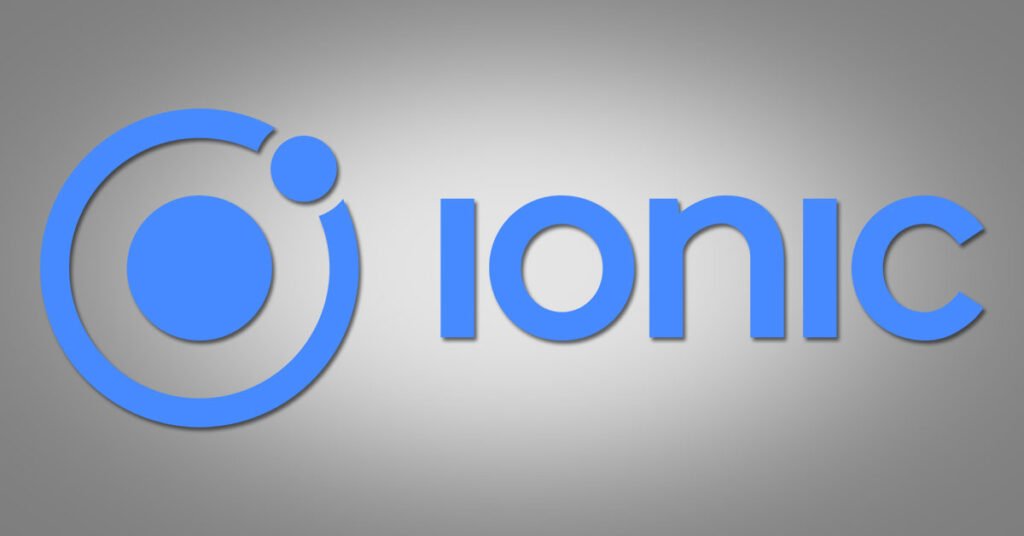
Developed in 2013, Ionic is a popular, modern, and open-source SDK (Software Development Kit) that has successfully created over 5 million hybrid applications. Furthermore, it is backed by Apache Cordova in conjunction with Angular to seamlessly create optimized PWAs for mobile devices. When it comes to offering a native-like user experience, this PWA framework efficiently harnesses popular web technologies, including CSS, HTML, and JavaScript. Moreover, the framework enables developers to reach a wider customer base across multiple OS & devices.
Pros:
- Its open-source platform makes its development cost fair.
- Angular developers can easily use Ionic.
- Infused with a wide range of plugins that enable API without coding.
- It has built-in software that makes debugging easier.
Cons:
- The only drawback is that it requires constant updates as per the latest changes.
Framework #2: Angular
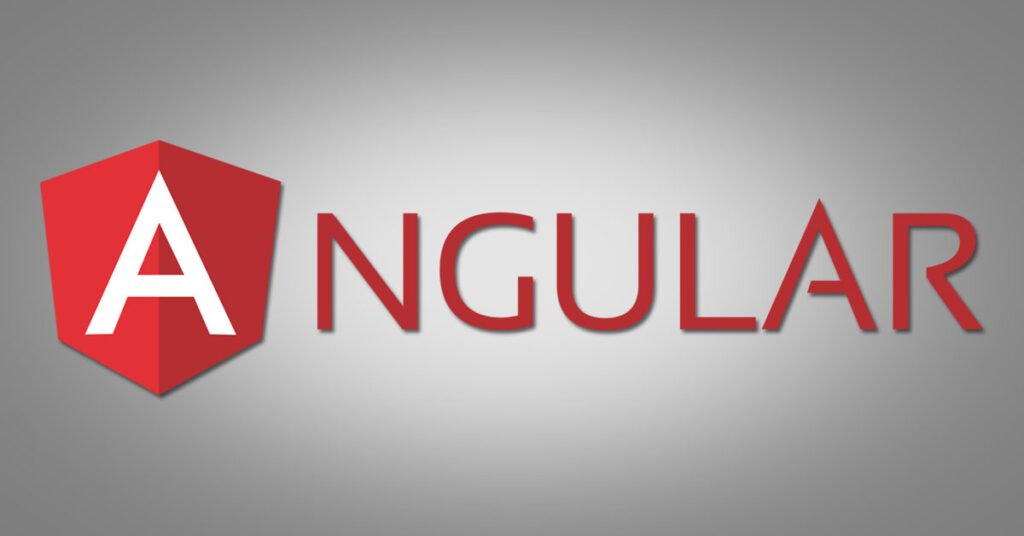
Introduced by Google back in 2010, Angular is one of the best and most modern Progressive Web App frameworks that is being widely used across the globe. Due to its modular nature and AOT (Ahead of Time), the framework converts Angular HTML and TypeScript code into simple JavaScript code to enable speedy app development. Furthermore, its well-defined methodology enables quick and easy implementation. Since it is backed by a robust community of developers, developers may get 24*7 support in the form of documentation, tutorials, forums, and more.
Pros:
- Easy to learn & use
- High-performing framework
- Helps in developing multiple web apps like SPA, MPA, and mobile apps
Cons:
- There are particular syntax rules to follow.
Framework #3. VueJS
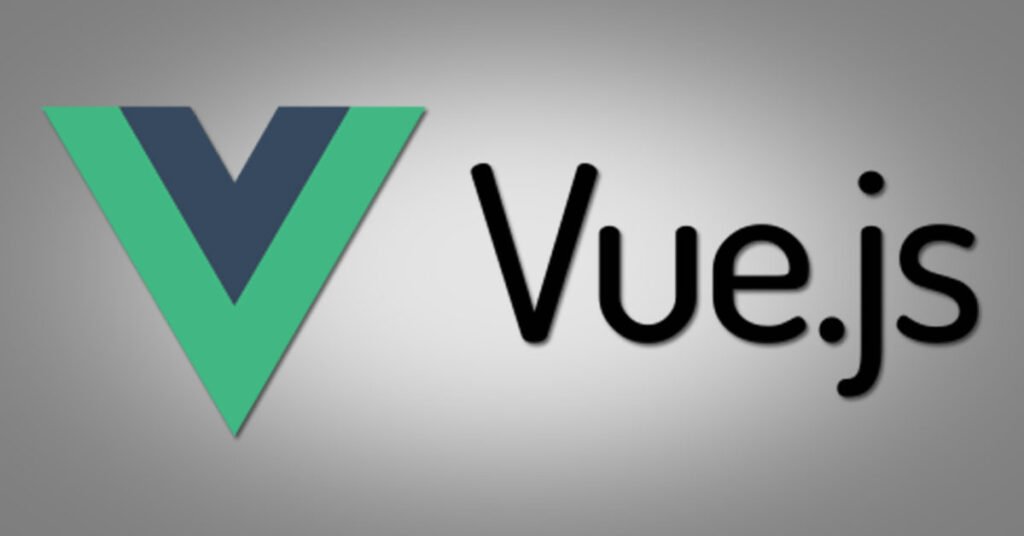
VueJS is one of the top framework libraries that help simplify coding to experience high-speed rendering. Its component-based architecture and reactive data binding simplify the development process. Thus, it enables the creation of dynamic and responsive user interfaces. Furthermore, the framework offers Vue CLI that helps provide a structured project setup and build configuration to streamline PWA development.
Pros:
- Ease of learning
- Component-based architecture
- High performance
Cons:
- Limited resources
- There’s a smaller community
Framework #4. ReactJS
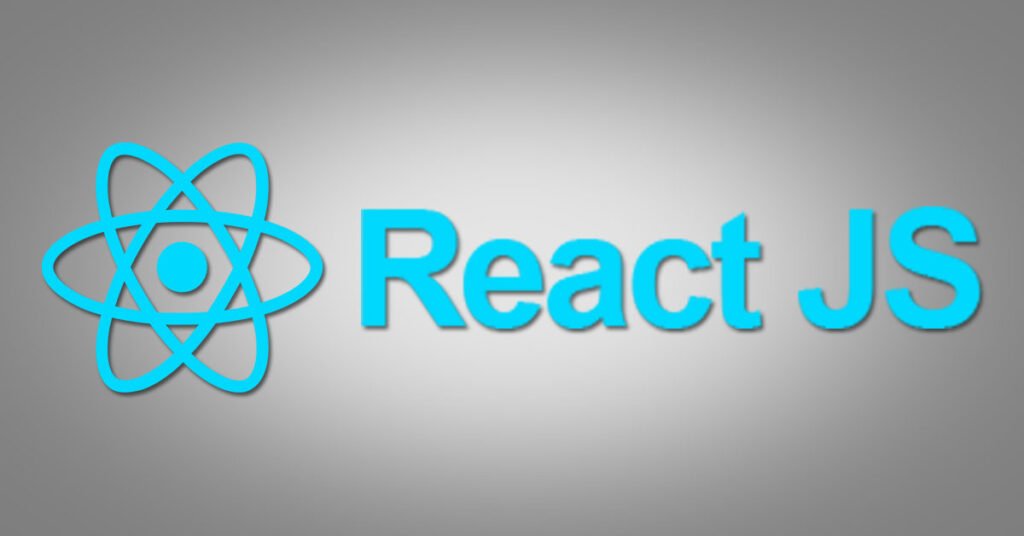
Released by Facebook in 2013, ReactJS incorporates with JavaScript library which makes it an ideal option among a strong and huge community of developers. Whether you want to create single-page or multi-page apps, this framework includes loads and modifications that help get the job done. Furthermore, the framework employs the JSX render function to deliver an extensive PWA solution. Besides, it’s backed by loading and shifting capabilities within separate pages, which makes the app development process a breeze.
Pros:
- Large community support
- Unmatched scalability and flexibility
- Speedy rendering with Virtual-DOM
Cons:
- Migrating to ReactJS could be tiresome because of JSX
- Since there is a wide range of JS libraries, it may generate API interactions.
Framework #5. Magento PWA Studio
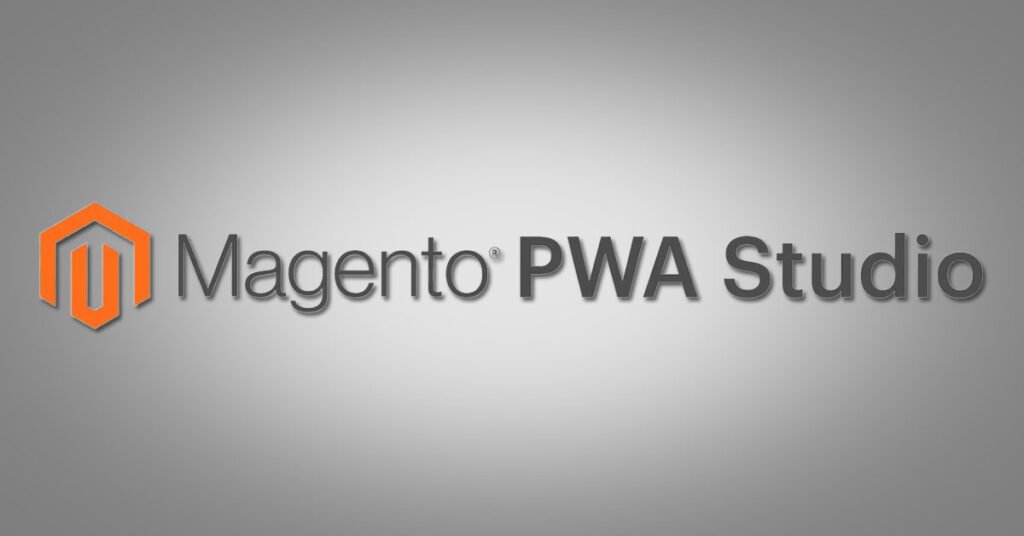
Another popular progressive web app development framework that has gained significant traction among developers is Magento PWA studio. It efficiently utilizes the Magento eCommerce Platform to facilitate the development of PWA. Whether you want to create, deploy, or manage web apps, developers can easily manage data and test the application. Backed by the built-in eCommerce infrastructure, it enables developers to build apps while saving significant time and effort. Furthermore, the app development framework allows experts to keep the app updated and adhere to the latest trends.
Pros:
- Cost and time efficiency
- Equipped with a robust set of tools for PWA development.
- Easy to manage the app and keep it updated
Cons:
- Complexity is on the higher side.
- Limited flexibility
Framework #6. Scandi PWA
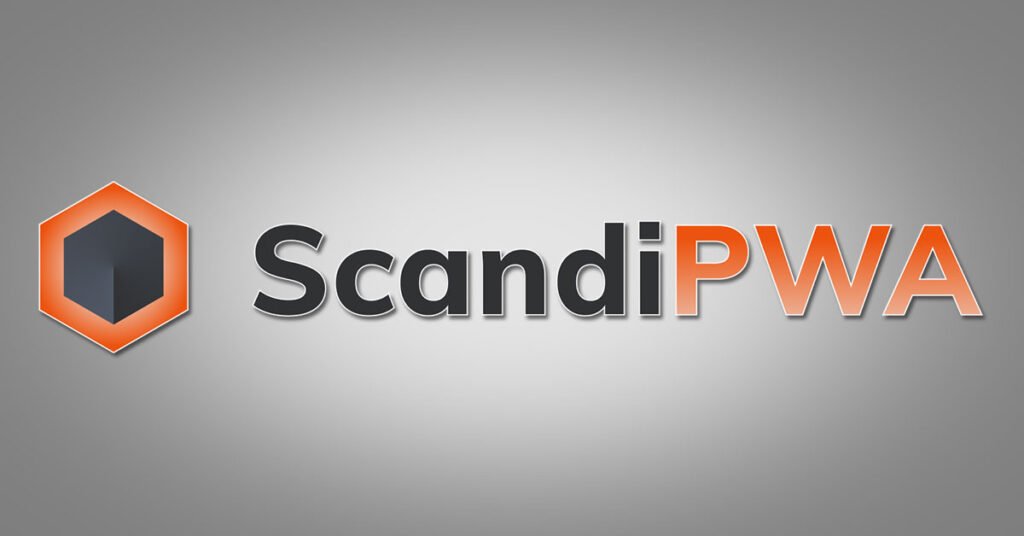
Built on Magento PWA studio, this open-source app development framework enables you to develop apps that work well across multiple OS & devices. Furthermore, it is infused with a wide set of tools including GraphQL, Varnish, and Redis to improve the performance of your website. Additionally, this next-gen PWA development framework offers customization benefits, ultimately leading to enhanced user experience.
Pros:
- Graph QL caching
- Provide a complete set of tools.
- Save a lot of time & effort.
Cons:
- API Complexity
Framework #7. Svelte
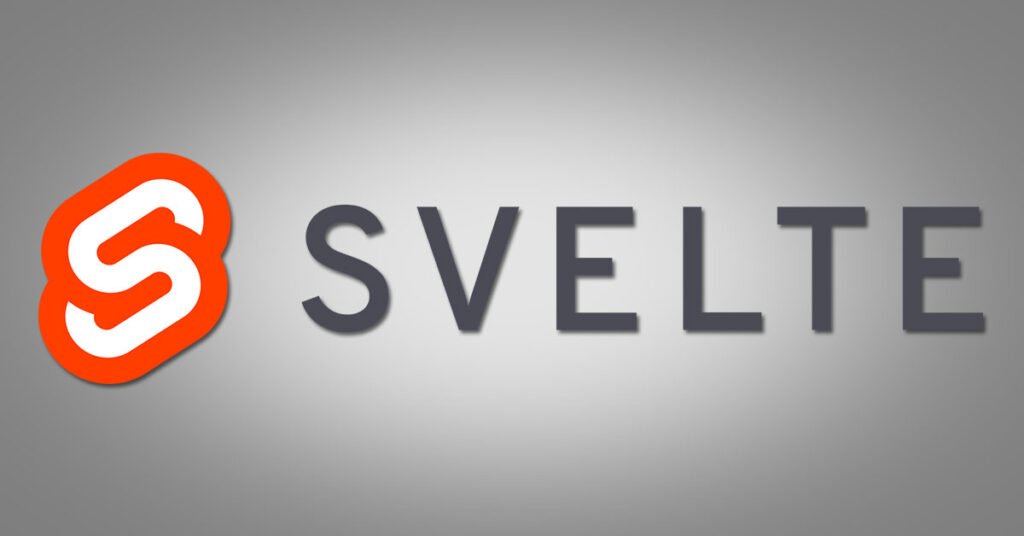
Finding the lightweight and performance-centric framework for your PWA? If so, look no further than Svelte. Not only does the framework help make the code load faster but offers optimized performance with unmatched interactivity. Moreover, the major highlight of the framework is that it helps move a large portion of the work from one location (browser) to another (compilation stage). This, in turn, enables developers to build feature-rich, optimized, and performance-centric progressive web apps that drive “tangible” business results.
Pros:
- Easy learning curve
- Enhanced Performance
- No virtual DOM
Cons:
- The ecosystem could be bigger
- Limited availability of tools
Proven Practices for Developing Robust PWAs
In today’s tech-driven landscape, progressive web apps play an important role in upscaling your business. Though building a PWA is crucial, you must overlook other proven practices to make the best out of your web app development.
- Faster Loading Times
If you’re planning to build a progressive web app, always prioritise the speed aspect. Well, you don’t want your app to load after a minute, do you? Well, that’s the reason, consider the loading speed of the app to ensure you’re on the right path. Furthermore, try to utilize service workers and cache API to ensure your app loads quickly. Remember that when your app loads quickly, your users will likely open it more and even recommend it to their friends.
- Accessible on All Devices
Irrespective of your web app’s type, ensure it performs well across multiple devices and browsers. If you don’t know how to do it, hire the best progressive web app development company to help you out! Since they are well-versed in robust responsive design techniques, it will foster compatibility, regardless of the browser or device.
- User Engagement
Though building PWAs is important, you cannot overlook the importance of attracting and engaging users. When it comes to user engagement, implement push notifications but ensure you should take permission from the user. Remember that these tips require careful planning and professional expertise. Ensure you hire web app developers to build PWAs to engage user engagement.
What Does the Future Hold for Progressive Web Apps (PWAs)?
Speaking of the future of PWA, it’s promising and continues to grow even in the upcoming years. PWA frameworks leverage modern web and mobile app technologies to build and deploy apps that deliver fast, reliable, and engaging experiences. Since technology is advancing with features like Service Workers and Web App Manifests, PWAs are likely to come up with many new updates. These include offline capabilities, push notifications, and seamless installations to attract your target audience and convert them into potential customers. No matter what kind of business you’re running, delivering customer-centric experiences and mobile-first strategies is important. PWAs help achieve that goal and help drive engagement, conversions, and customer satisfaction.
Final Thoughts
So, there you have it! PWAs is a game-changer in the field of web app development! But building a Progressive Web App (PWA) is not a cakewalk!
If you want to build robust, effective, and secure web apps for your business, hiring the best Progressive Web App development company is important! This is where EitBiz comes into play!
EitBiz is a leading Progressive Web App development company that builds performance-centric PWAs for different industry verticals, leaving no stone turned. Our team of 50+ Progressive Web Developers has abundant knowledge of different PWA development frameworks or tools to accomplish your project and yield high-quality results. Additionally, we optimize your web apps to maximize user engagement and ensure your apps are readily accessible across all platforms. Are you all set to connect with our Progressive Web App developers? Call us at +1(812)530-6300 or mail to info@eitbiz.com today.
Author
-

EitBiz is a fast-growing and dynamic software, mobile app and web design and development company, expanding to multiple countries.
View all posts
